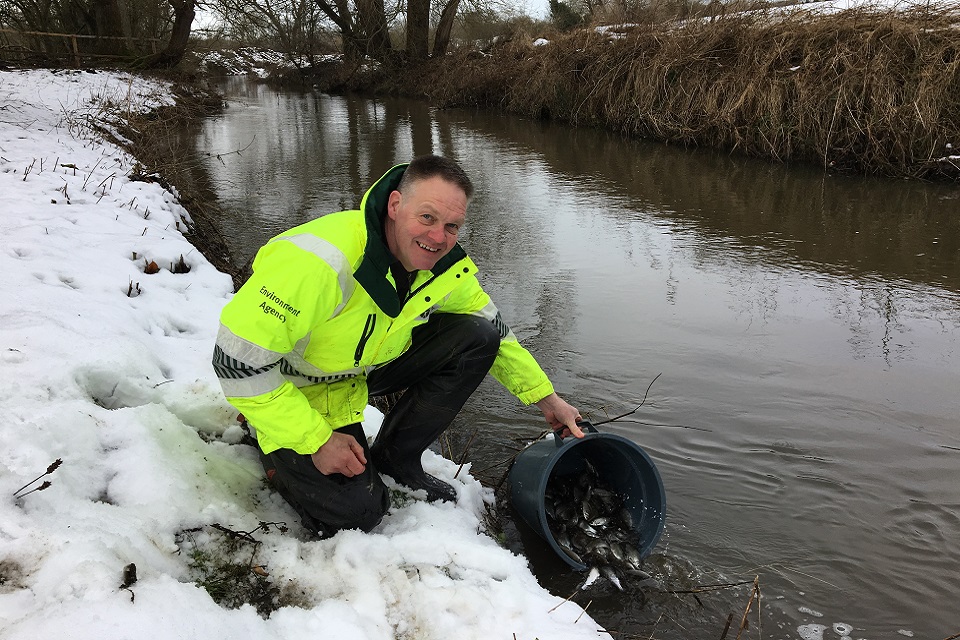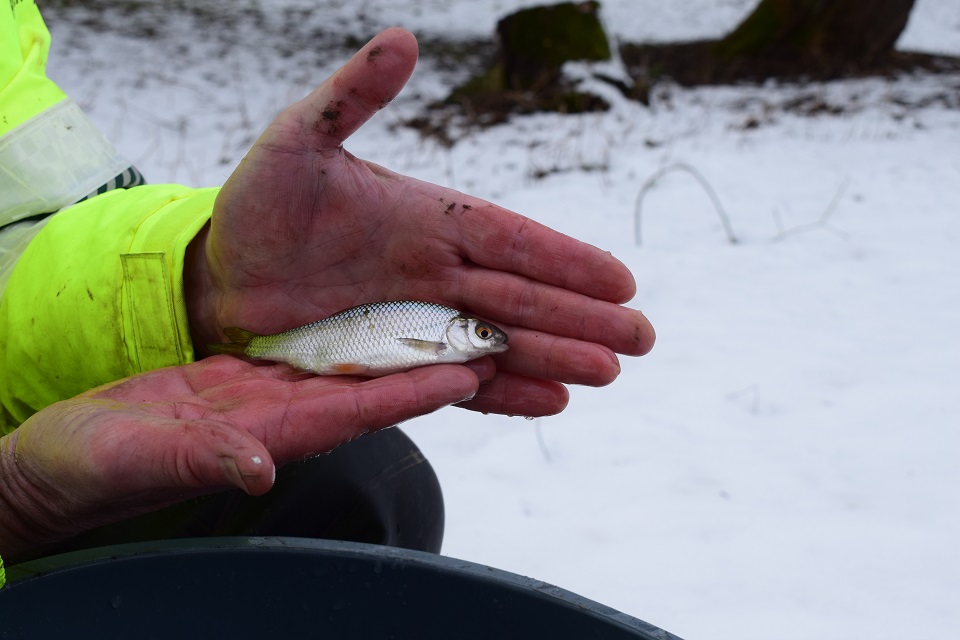During 2017 the Environment Agency successfully prosecuted 108 individuals and companies for flouting waste and fishing laws in the North East resulting in almost £170,000 in fines and costs.
There were 16 prosecutions of individuals or companies for waste offences, amounting to total fines of £62,763 and costs of £40,493.
There were also two custodial sentences, three suspended sentences, two community orders and two rehabilitation orders. The courts also awarded a total of £14,735 in compensation to those affected by the crimes, which included a landowner left with costs of £100,000 to remove 585 tonnes of waste dumped on their land.
In addition, the Environment Agency revoked two environmental permits from waste companies who continually failed to meet their permit conditions.
Courts imposed a further £19,162 in fines and costs on an individual and company for twice polluting a protected water course.
In fisheries enforcement, there were three serious offences resulting in £1115 in fines, costs and victim surcharge, plus two 12 month conditional discharges.
There were a further 87 offenders prosecuted for 119 rod licence offences, including 77 offences for fishing without a licence. This resulted in total fines, costs and victim surcharge of £29,461, with three offenders also given conditional discharges.
Enforcement activity has taken place right across the North East in Teesside, Tyne and Wear, County Durham and Northumberland.
The Environment Agency’s enforcement teams work alongside other specialist teams to support businesses in abiding by their permit conditions, but take tough action against those who deliberately flout regulations.
Fisheries enforcement officers carry our regular patrols and act on information and intelligence to target illegal activity on our rivers.
Jamie Fletcher, Environment Manager at the Environment Agency in the North East, said:
We take illegal waste and fishing activity very seriously. We have had some excellent results in court over the last year and will continue to work hard in the coming year to ensure enforcement action is taken against those who flout the law.
Waste crime can cause serious pollution to the environment, puts communities at risk and undermines legitimate businesses, impacting on investment and economic growth.
Similarly those fishing illegally are cheating other anglers and putting the future of the sport and quality of our rivers in jeopardy.
We have specialist teams that work hard to target those suspected of being involved in illegal activity and to ensure any necessary action is taken against them.
We work closely with a wide range of partners including local authorities, police and the fire service, and I’d like to thank them for their continued support.
To report information about illegal activity contact Crimestoppers on 0800 555 111. To report a crime ongoing dial 999.

